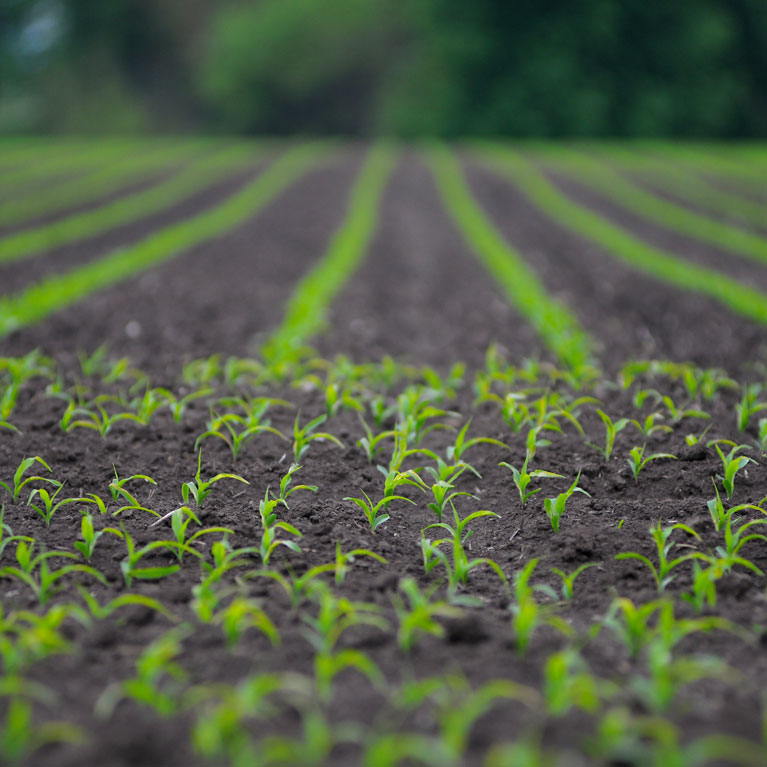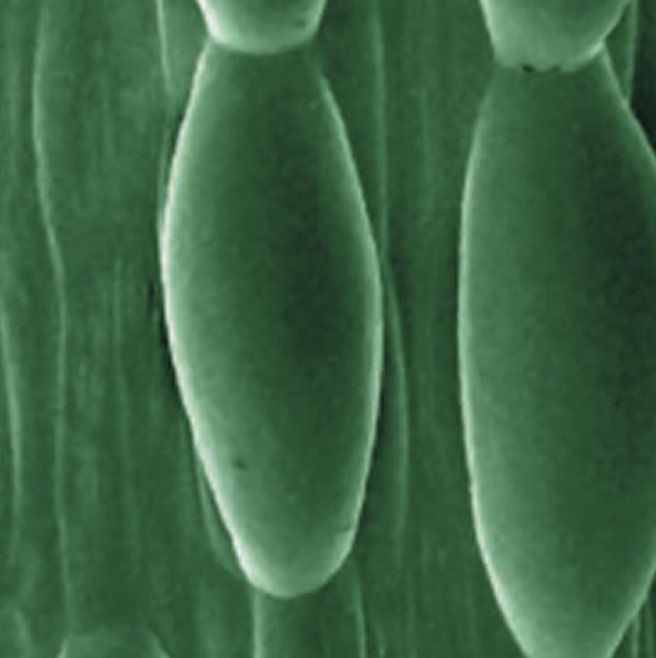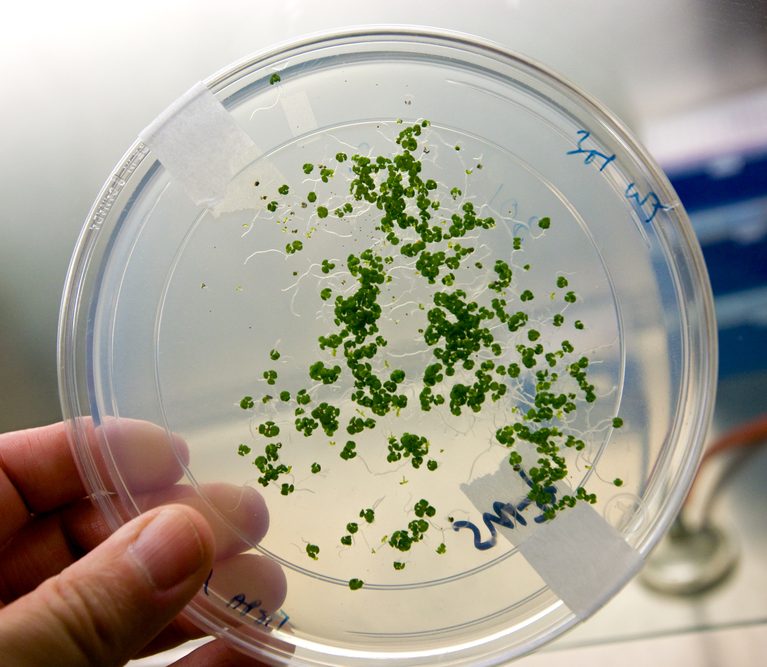Wolfgang Busch, PhD
Professor and Director
Integrative Biology Laboratory, Plant Molecular and Cellular Biology Laboratory
Joseph Ecker, PhD
Professor
Genomic Analysis Laboratory, Plant Molecular and Cellular Biology Laboratory
Director, Genomic Analysis Laboratory
Julie Law, PhD
Associate Professor
Plant Molecular and Cellular Biology Laboratory
Lena Mueller, PhD
Assistant Professor
Plant Molecular and Cellular Biology Laboratory
Joseph Noel, PhD
Professor and Director
Jack H. Skirball Center for Chemical Biology and Proteomics



